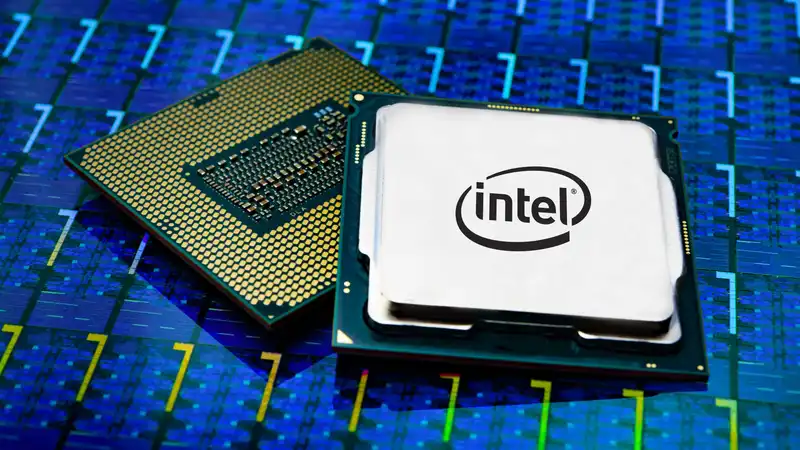The ongoing and escalating technology war between the world's largest economies shows little sign of easing. Whether it is a ban on certain AI chips or restrictions on chip manufacturing equipment, China and the United States do not want the other side to use their best toys. [The latest escalation comes from China, where the Chinese government is trying to ban the use of Intel and AMD CPUs in government computers. Not only that, but they are also trying to phase out the use of Microsoft Windows; according to a report in Financial TImes (via Business Today), the Chinese government is trying to phase out US technology in favor of homegrown options.
The guidelines were presented to government officials last December 26, and officials began following the plan this year. The Chinese government cites privacy concerns and a desire to ensure "secure and reliable" hardware and software for government systems.
The FT report also cites sources claiming that "state-owned enterprises" have also been notified that they must follow the same guidelines and switch their technology to Chinese providers by 2027.
Along with security concerns, the Chinese government's decision is seen as a boost for the domestic technology sector and retaliation for a similar move by the U.S. The possible banning of TikTok is only the latest example of growing mistrust between the two countries. [China is a major market for Intel, AMD, and Microsoft. While the ban only relates to government procurement, all three companies are sure to take an economic hit: in 2023, China will reportedly be Intel's largest market, accounting for 27% of its $54 billion in sales, and 15% of AMD's $23 billion in sales.
According to the FT report, both AMD and Intel have great difficulty getting back on the government's approved hardware list because they must "submit complete R&D documentation and code for their products."
The world runs on chips. Without chips, everything stops. No wonder governments view cutting-edge chip technology not just as a cash cow, but as a national security priority. Taking Taiwan as an example, if a major earthquake were to hit Taiwan, the world's chip manufacturing would be hit hard, and the impact would be felt in all sectors of the economy. And if war breaks out".
Despite U.S. restrictions on the sale of Nvidia's most powerful AI hardware, the report does not mention a ban on Nvidia products; Nvidia's absence from the list is an indicator that China's domestic AI technology sector is not advanced enough to compete with U.S.-sourced AI technology. While Nvidia's absence from the list can be seen as an indicator that China's domestic AI technology sector is not advanced enough to compete with U.S.-sourced AI technology, it also means that government machines are unlikely to be equipped with discrete GPUs.
Unless, however, there is an organizational culture of playing death matches on Quake IV at lunchtime.


Comments